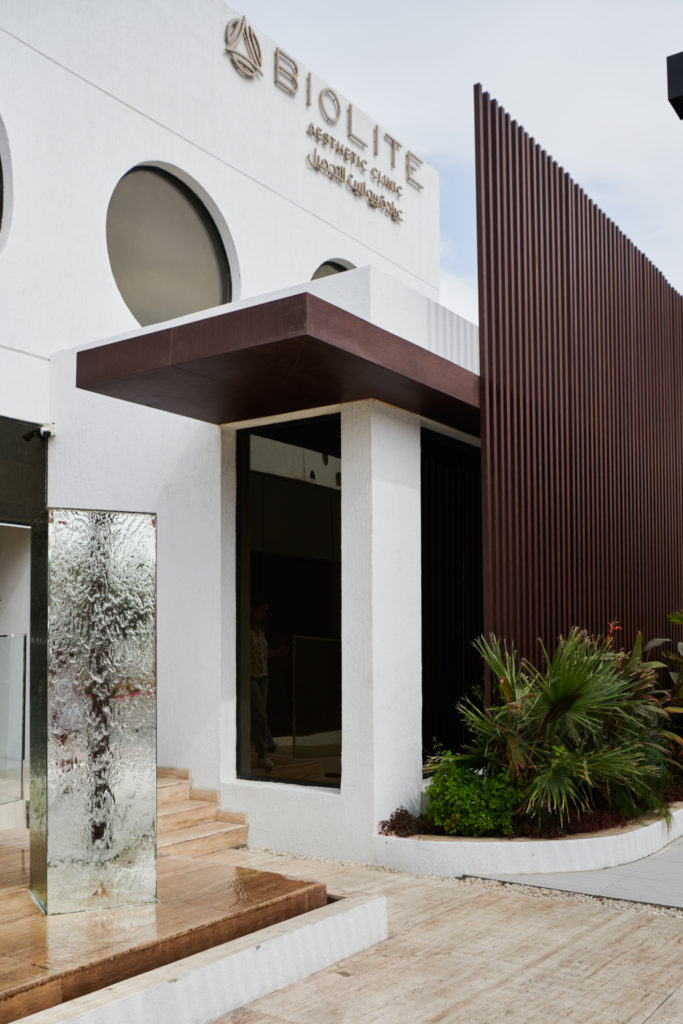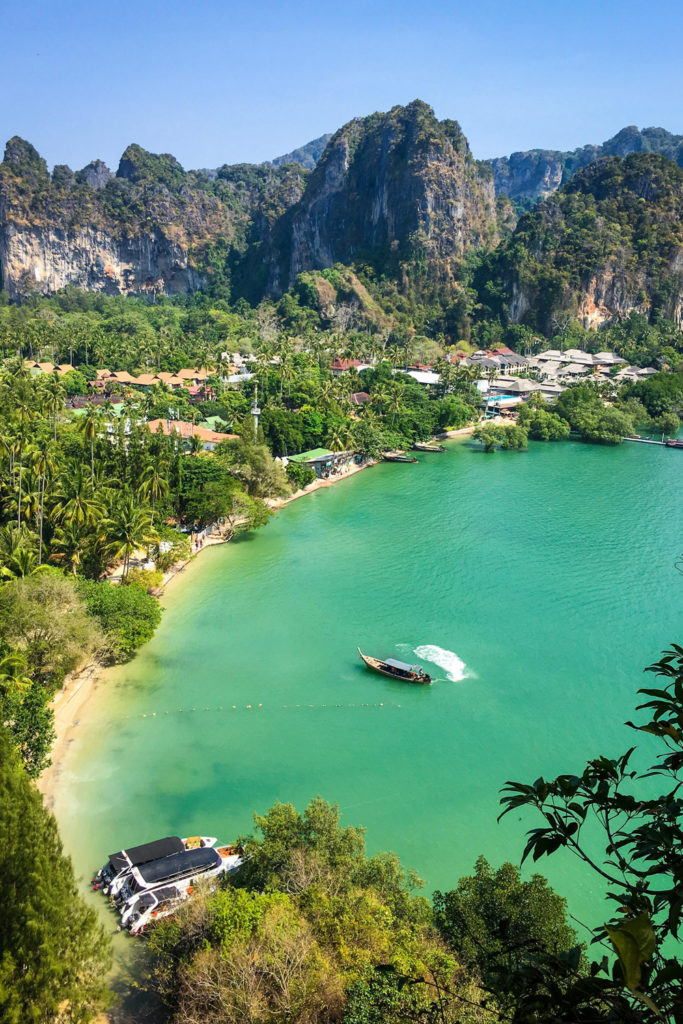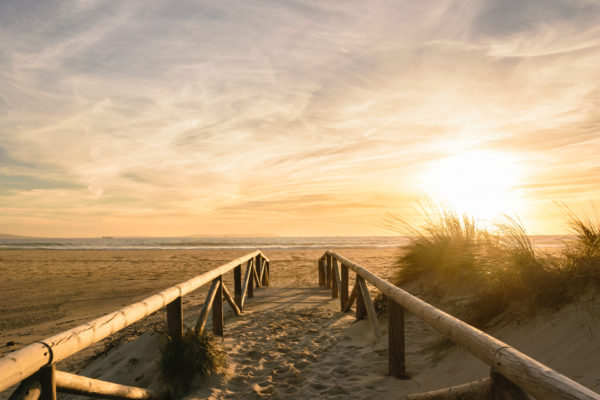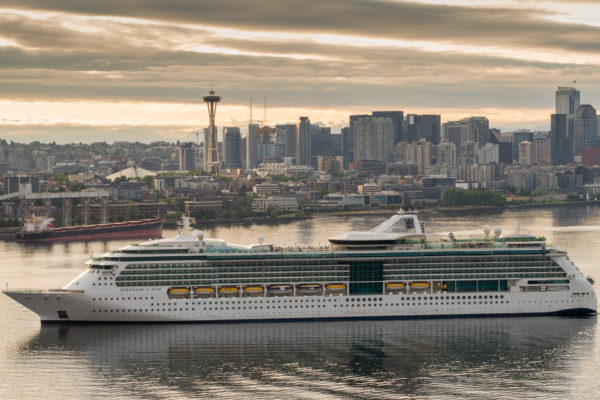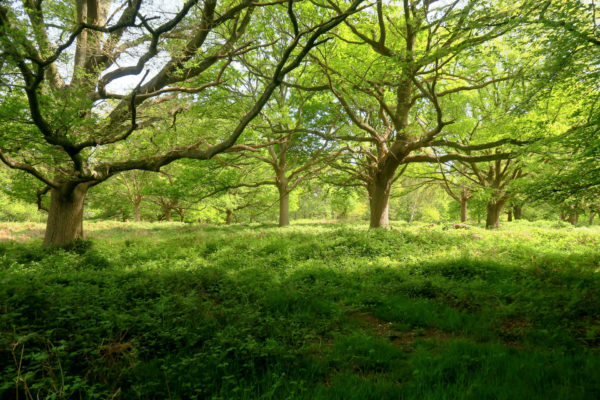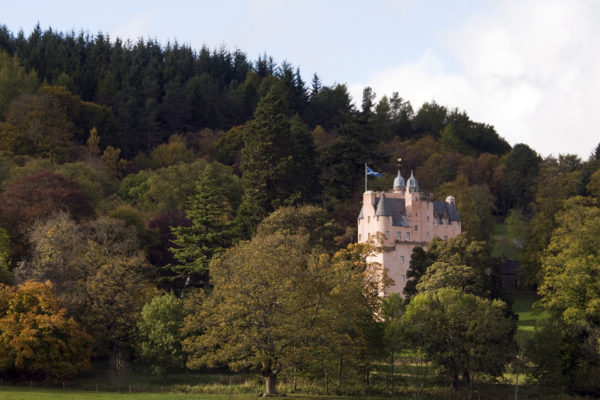Taking The Path Less Travelled
By
1 year ago
Make your next adventure a meaningful one
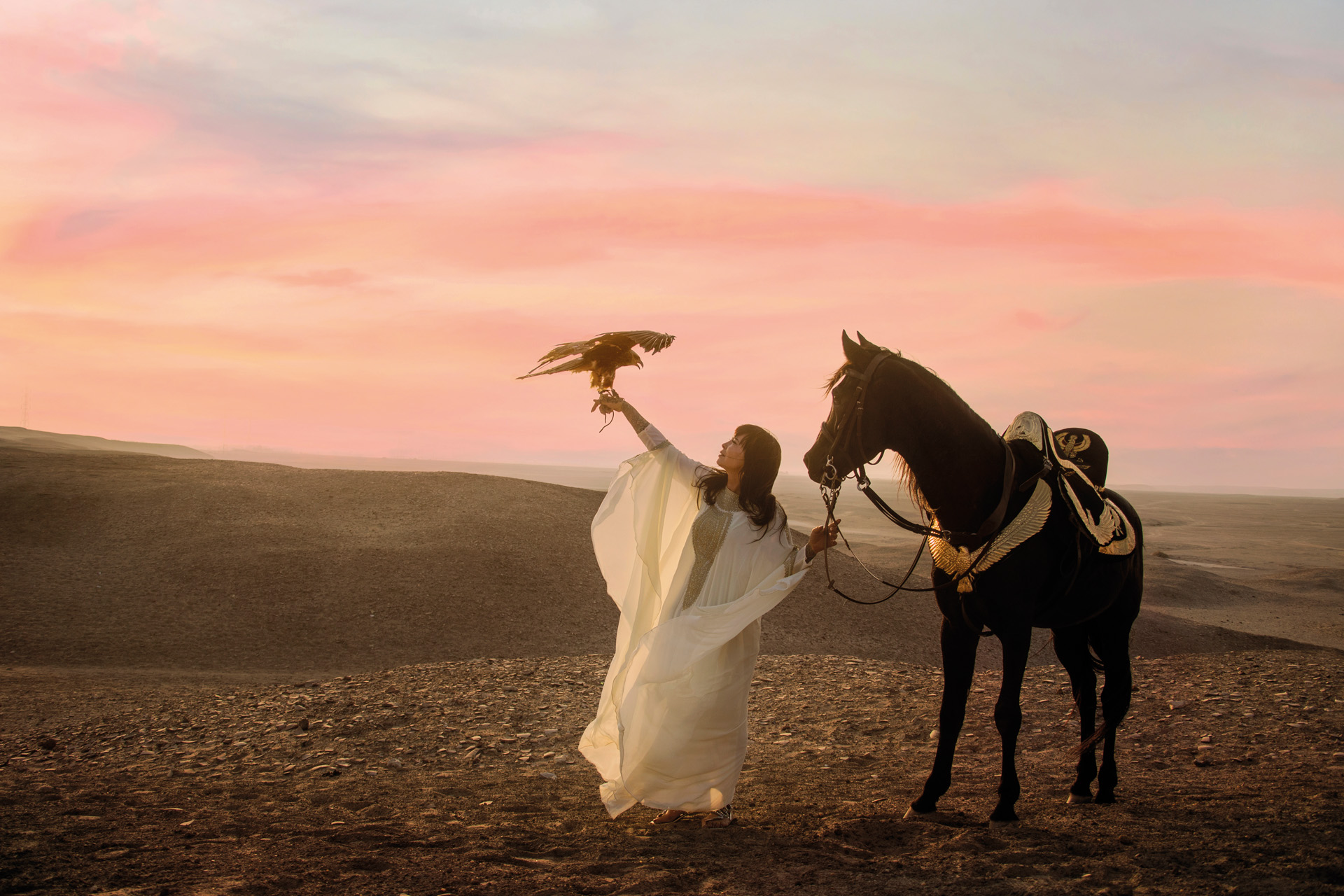
Have you ever touched a rhino? Its skin is hard, warm and two inches thick. But slide your hand round into the armpit, and it’s as soft as a kitten. I know this because a few years ago I joined a Phinda Impact Journey in South Africa, which included helping a vet draw blood from a vein behind the rhino’s ear, taking hair samples, and generally standing around having my mind blown that I was getting to do any of this at all. And then a man with a chainsaw strode over and sawed off the rhino’s horn.
Don’t worry, the rhino didn’t feel anything. Rhino horns are like hair, and they grow back. But regularly removing the horn means you remove their value – so poachers are no longer interested. And it was very much tranquilised, otherwise things probably wouldn’t have ended well for us.
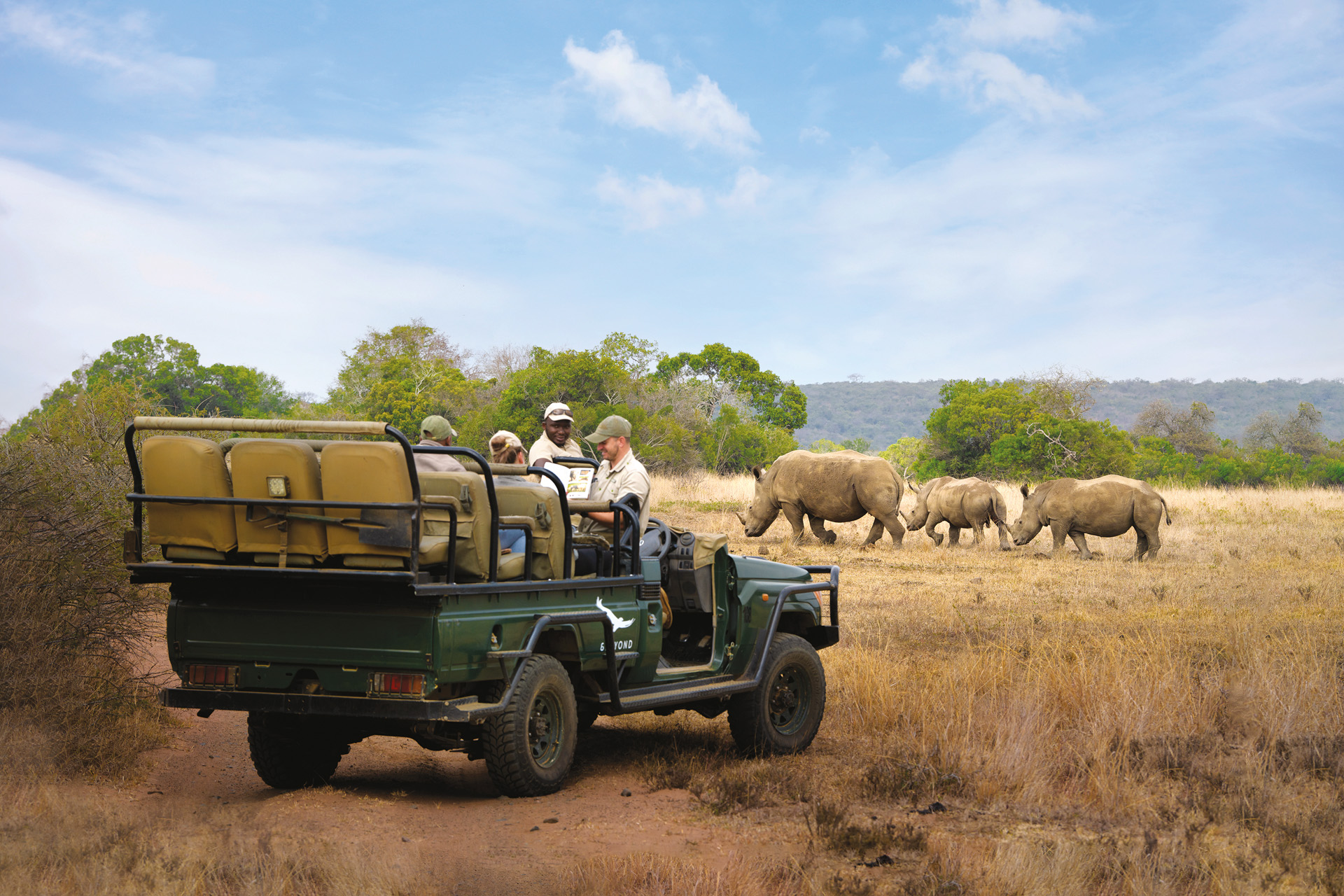
From rhino dehorning in Africa to rewilding in Yorkshire, there are lots of ways to make your travel more meaningful – and also give back. (Phinda Private Game Reserve, South Africa)
Without programmes like this, things might not end up well for the rhino, either. Run by luxury safari operator andBeyond, these transformational trips are a clever combination of luxury safari and hands-on conservation, where guests get their hands dirty and pay for the privilege, which in turn funds vital conservation work. Since starting the dehorning programme, rhino poaching has dropped dramatically. ‘People are really able to engage with it and understand the critical nature of the work,’ andBeyond CEO Joss Kent tells me. ‘It’s a powerful combination of the joy of wildlife spotting and the realities of conservation and leaves a meaningful mark on travellers.’
Leaving a meaningful mark is at the core of transformational travel, and is what makes it so special. These are holidays that make a difference, not just to the places we visit but to us, too. ‘It’s about leaving a legacy and travelling with purpose,’ says Joss. ‘Travellers hope to leave with more than just great memories. They want a sense of meaning or shift in their mindset.’ I can happily confirm that there is indeed nothing like extracting a vital blood test from a critically endangered rhino to give your holiday a sense of meaning.
For Nicola Shepherd, founder of Explorations Company, that sense of meaning comes through philanthropy. ‘Philanthropic travel enriches a traveller, and lets you make a direct contribution to the region,’ she explains. When her team custom-makes a trip, they first chat to the client to discover their personal interests and then add a philanthropic angle to align with them – like visiting a field hospital if you’re interested in medicine, or spending a day with a women’s empowerment charity if gender equality is your thing. Customers often say this is the highlight of the trip, Nicola tells me, with the win-win of upping donations to good causes. ‘Most individuals feel better when they know they’re making a positive contribution, especially while enjoying themselves on holiday. This, in its very essence, is sustainable tourism.’
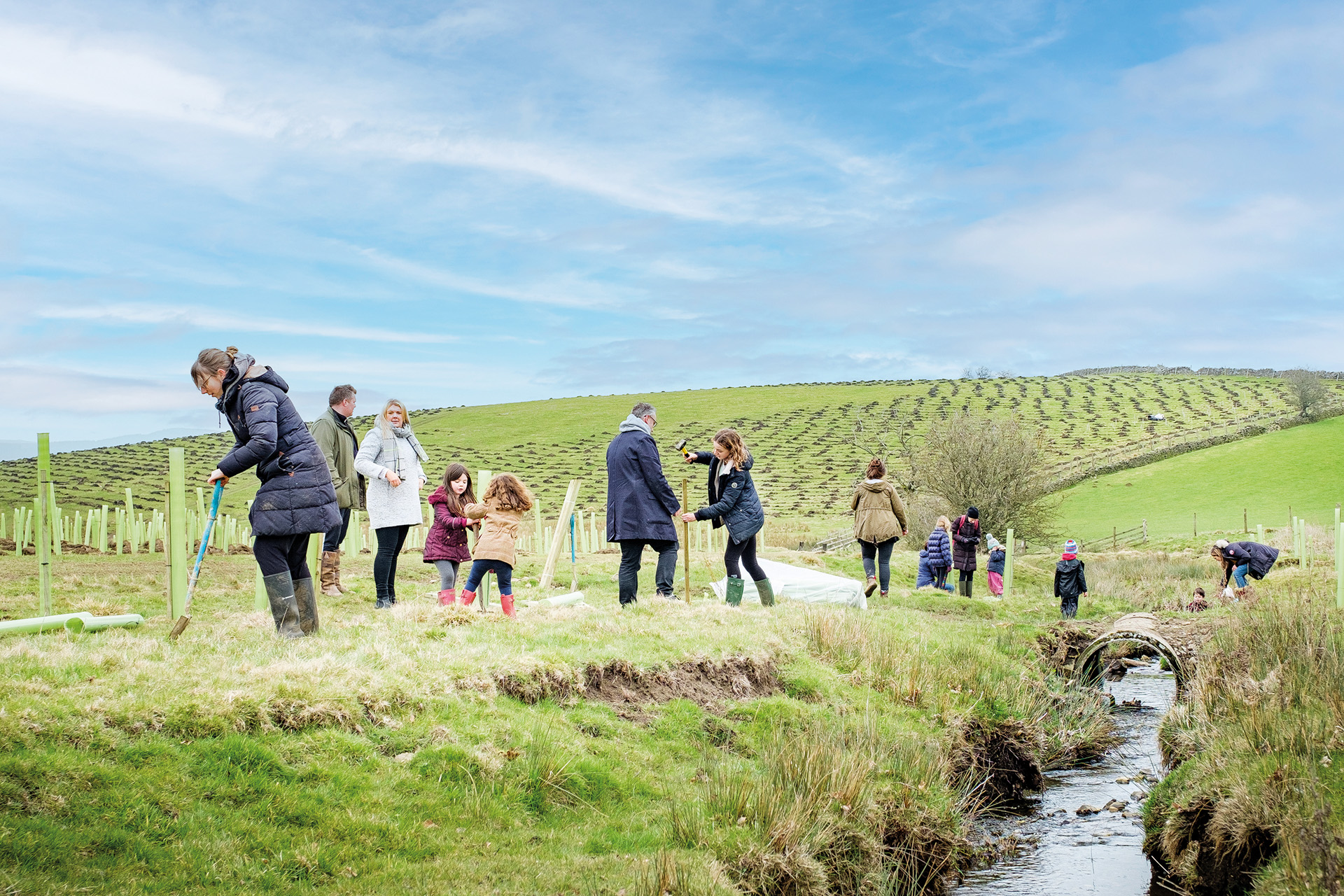
Guests at Broughton Estate can help with tree planting and data collection as part of its efforts to rewild
It needn’t, by the way, involve rhinos and chainsaws, or hospitals and charities. Transformational travel can be as simple as having a fascinating conversation with someone you meet, or visiting someone’s home. ‘It doesn’t have to mean a huge, life-changing epiphany,’ explains Zina Bencheikh, Intrepid Travel’s Managing Director for EMEA. ‘It can be as simple as an experience that helps you connect with the destination you’re visiting.’ Intrepid’s tours often include these elements, like hanging out with a local family during a farmstay in Portugal’s Alentejo, or touring the M’Goun Valley in Morocco with the area’s first female guide.
Connecting with nature is key, too, according to Roger Tempest, whose family has owned the 3,000-acre Broughton Estate in the Yorkshire Dales since 1097, which now features revamped cottages and a cutting-edge retreat centre. ‘People are feeling the need for this more and more. Overwhelmingly, the feedback from guests is about the impact a stay has had on them.’ As well as hiking, biking and wild swimming, guests can help the estate rewild from what was once an intensive sheep farm, taking part in native tree planting and species data collection – the estate is home to otters, hares and kestrels. ‘They immerse themselves and get hands-on with nature recovery, while nurturing their inner wellbeing.’
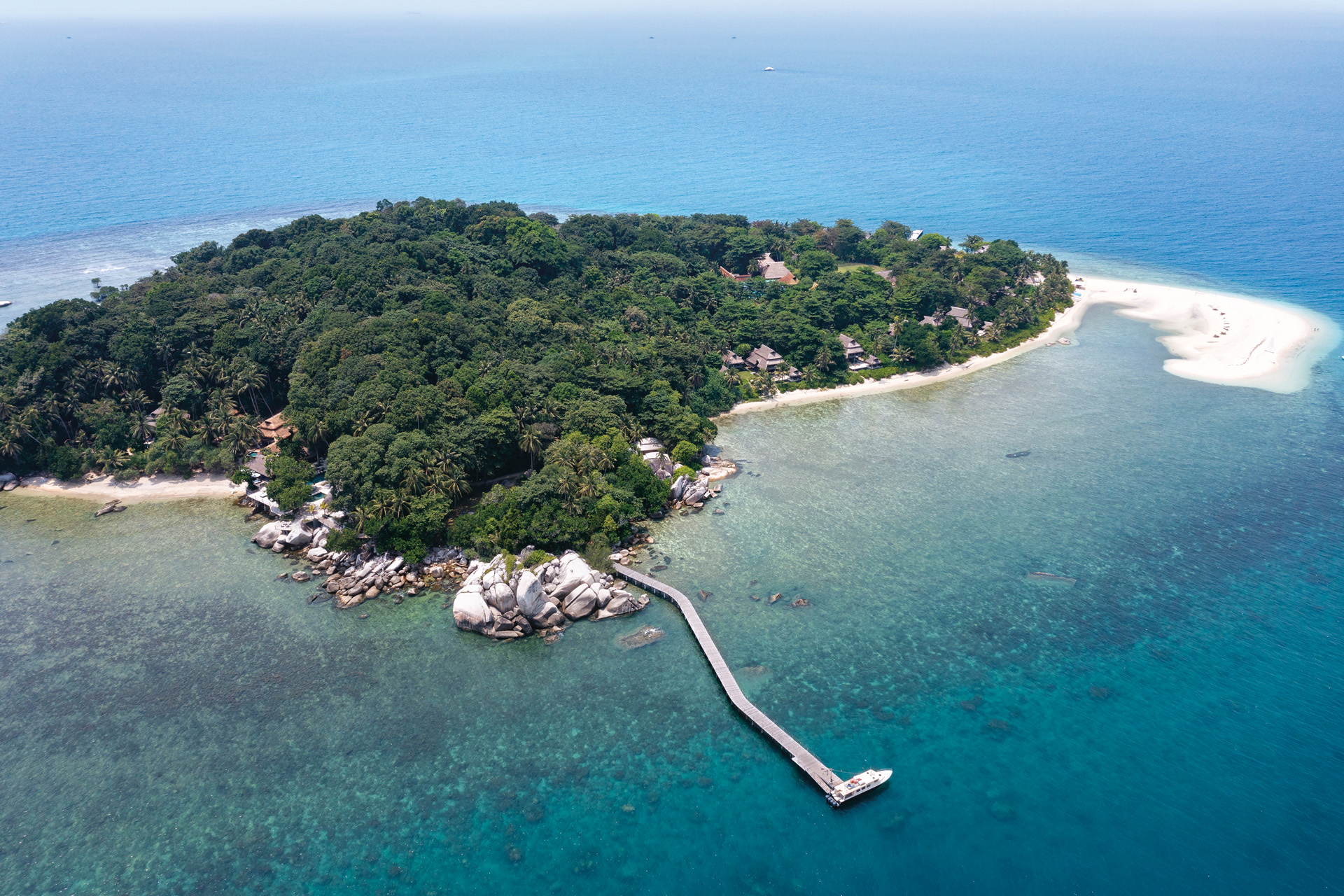
Nikoi Island in Indonesia features rainforest, beaches and coral reefs, where conservation is king
If all that activity sounds like a bit too much, well, work, then think about your accommodation. Stay in a Long Run (thelongrun.org) property and you’ll know that just by being there, you’re doing good. Collectively protecting 23 million acres worldwide, this umbrella group insists its members adhere to rigorous sustainability measures, where community engagement and conservation is as important as profit. Nikoi Island in Indonesia, for example, is a blueprint for sustainable management, has created marine protected areas and funds thousands of local students’ education. You, meanwhile, get to kick back on white-sand beaches, frolic in turquoise water and snorkel over kaleidoscopic reefs, all in the knowledge that you’re having a positive impact.
Because that’s the thing. Transformational travel has to work for you. If you’re a fly-and-flop type, you can still make a difference – and you’ll feel better about your holiday, which in itself can be transformational. It’s about thinking a little bit more about how we travel, being a little more conscious of what we’re doing, and perhaps even coming back a little changed. Rhino-touching? That’s strictly optional.
Read the C&TH Guide to Responsible Tourism






